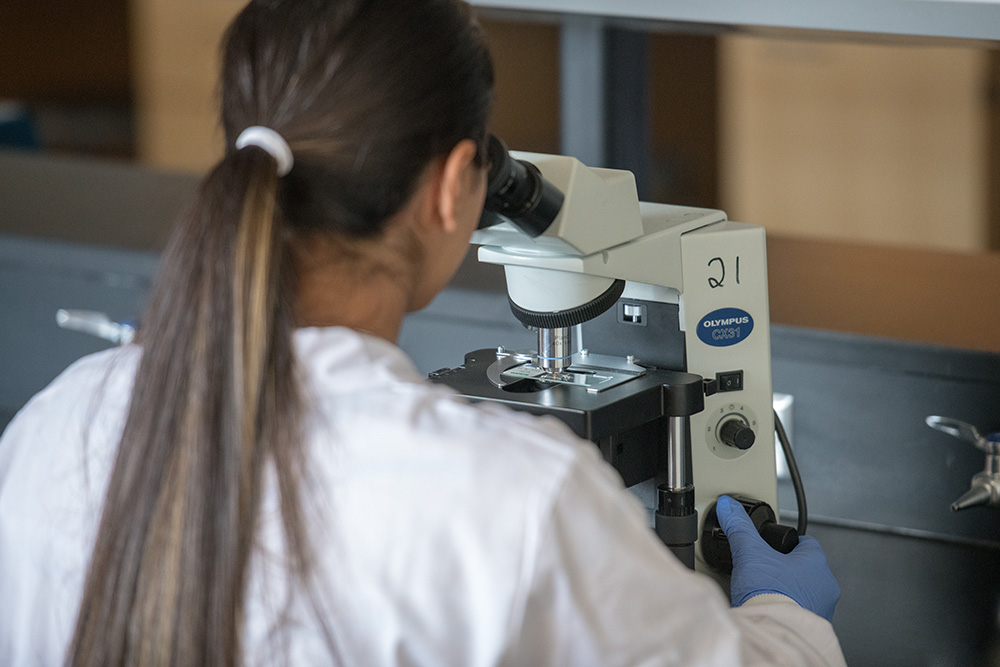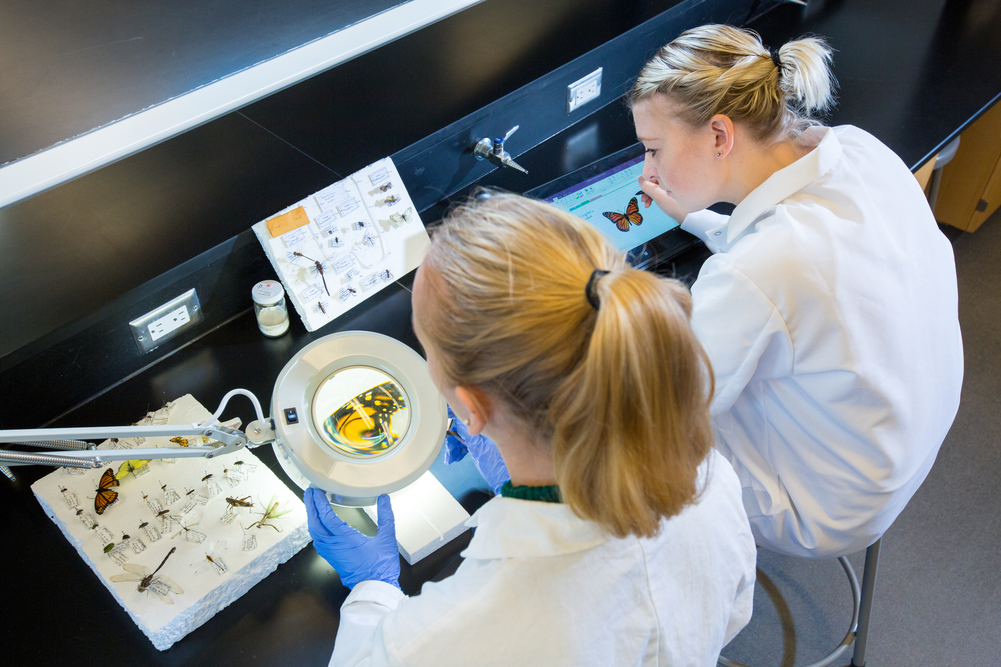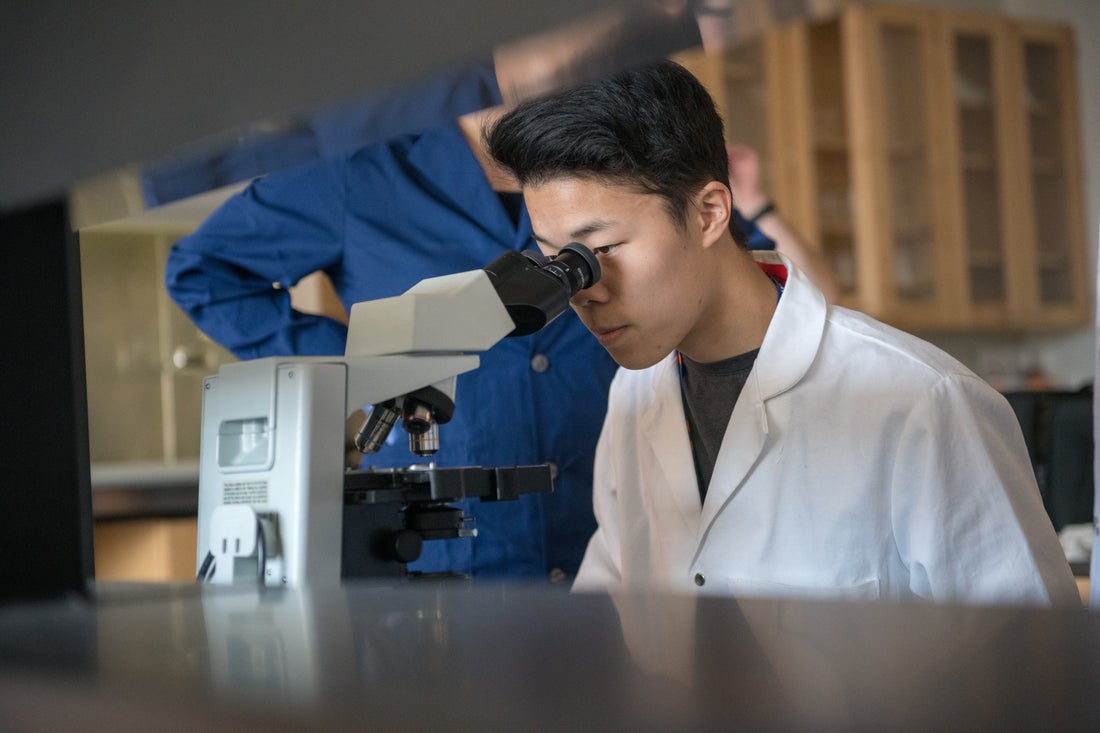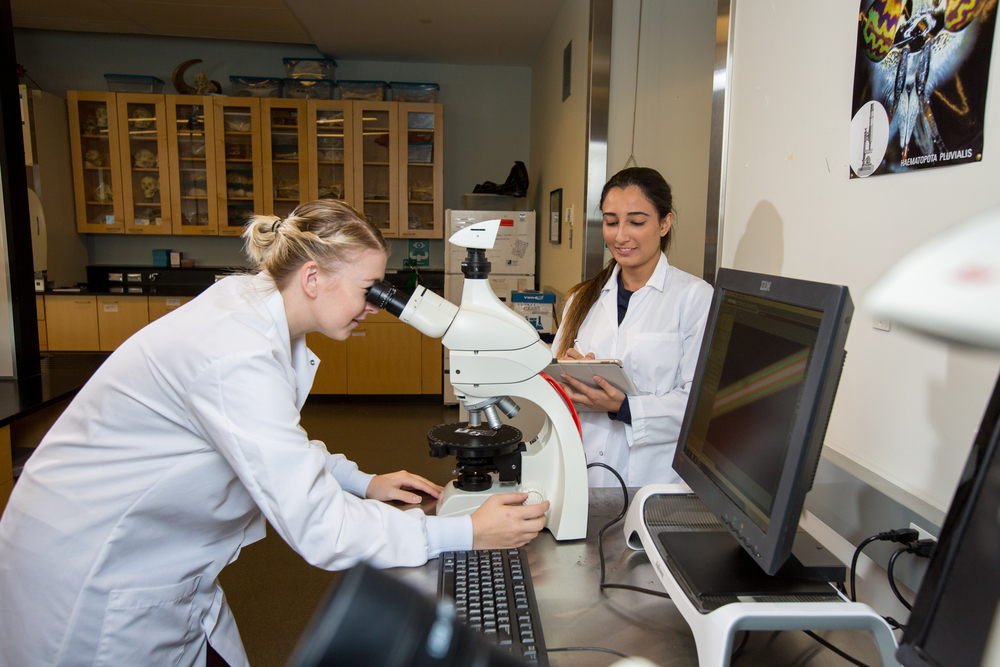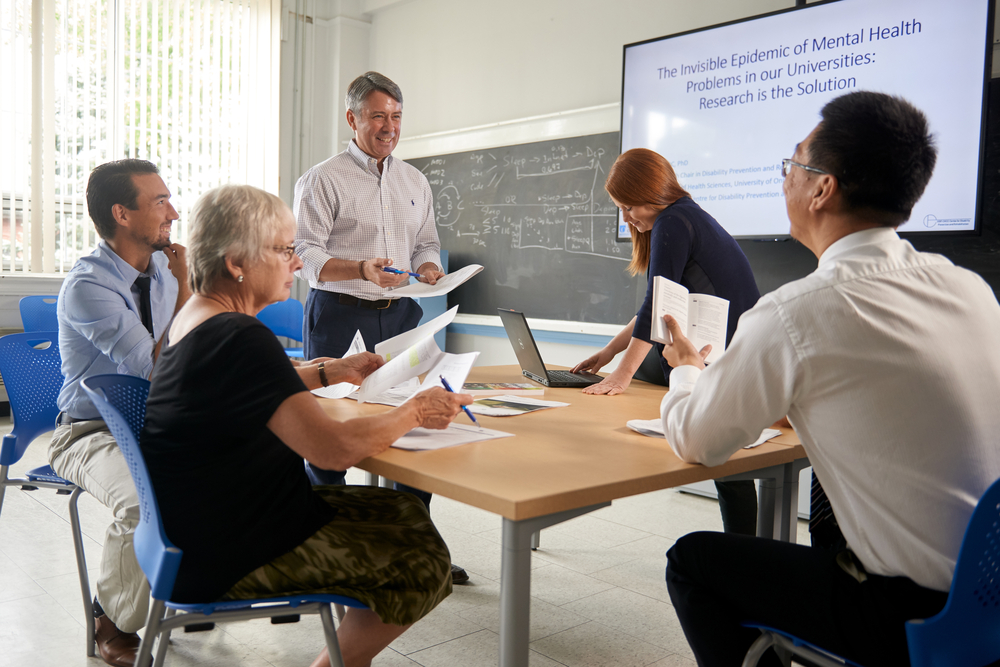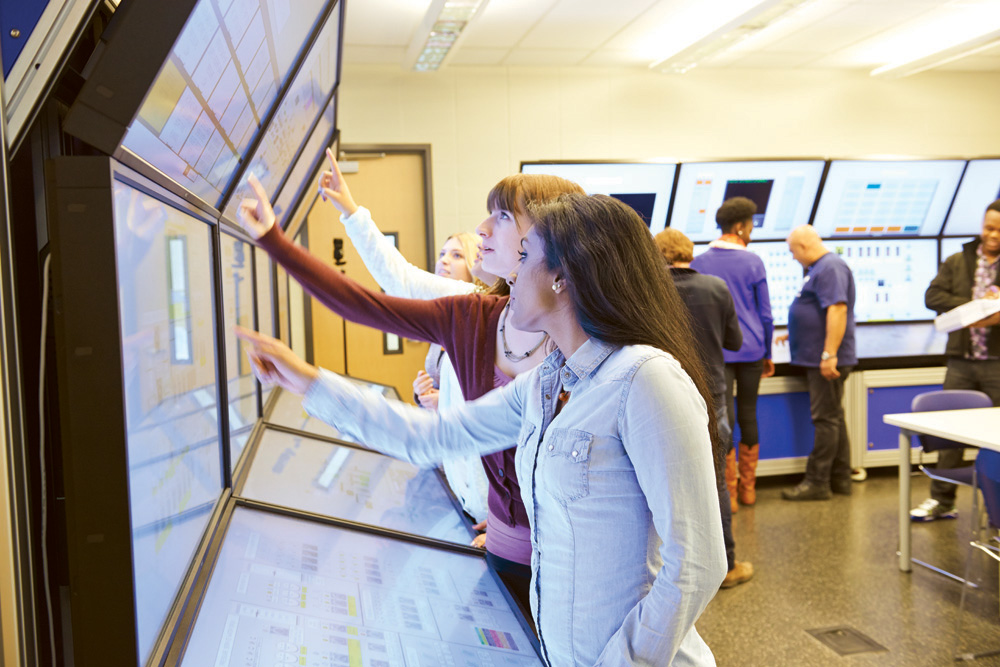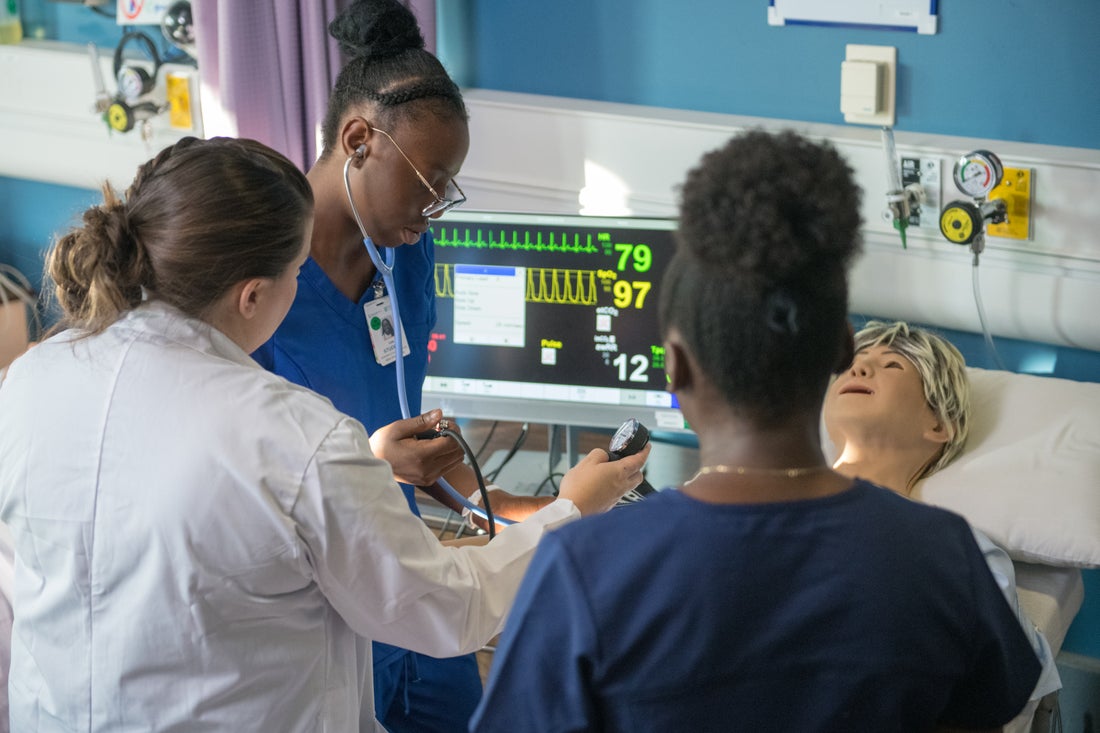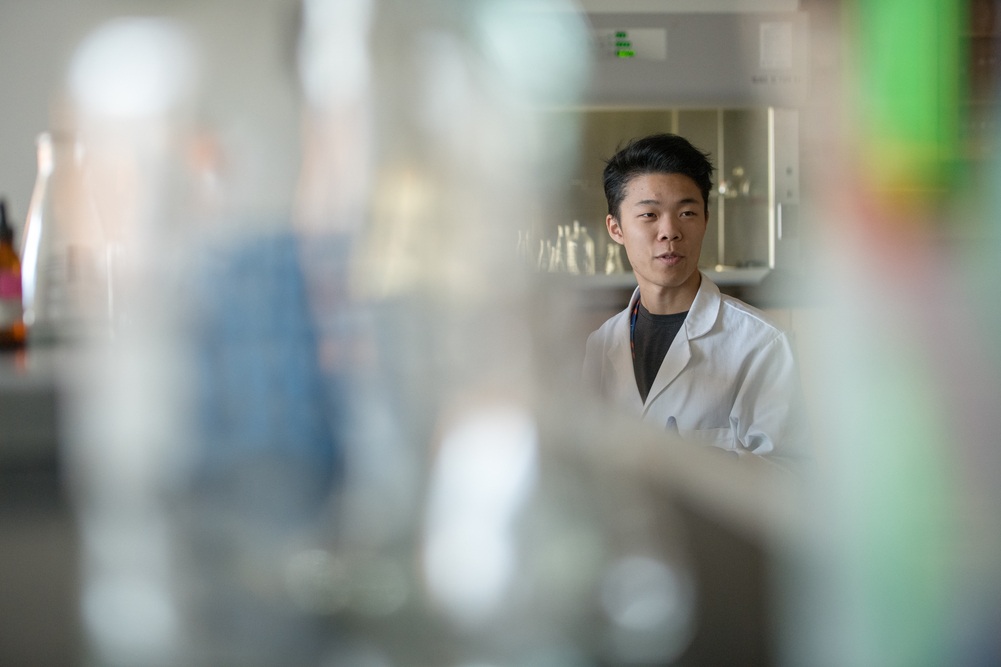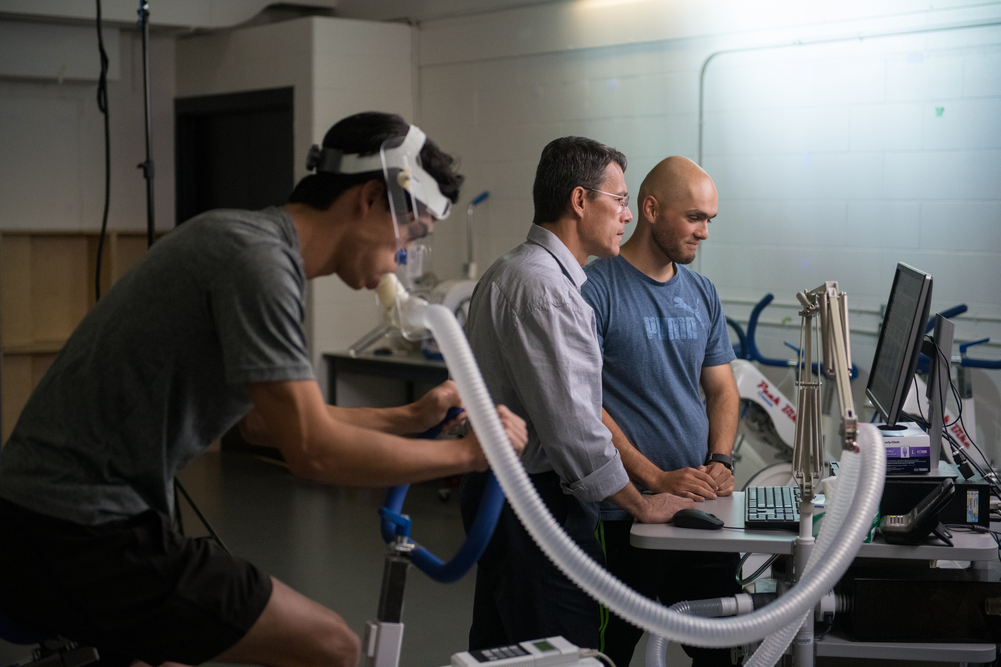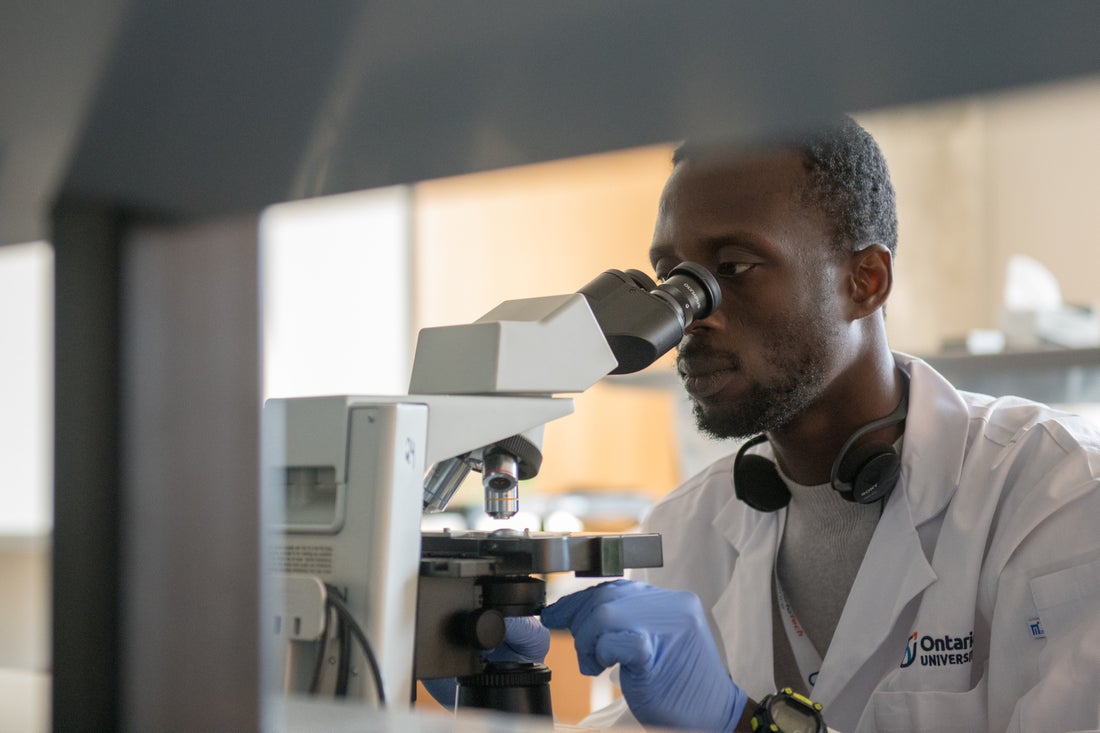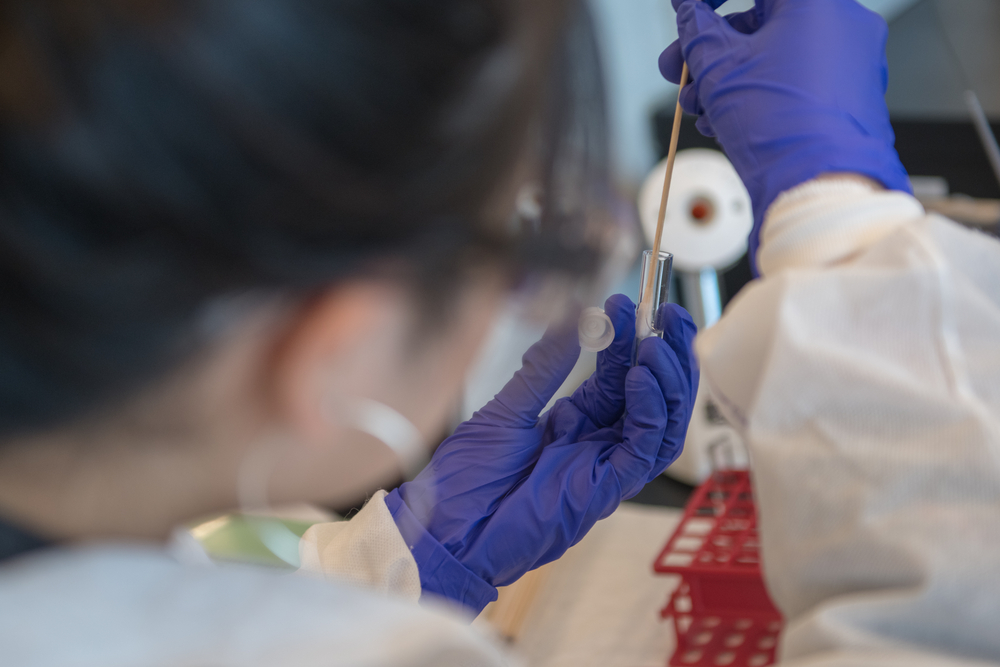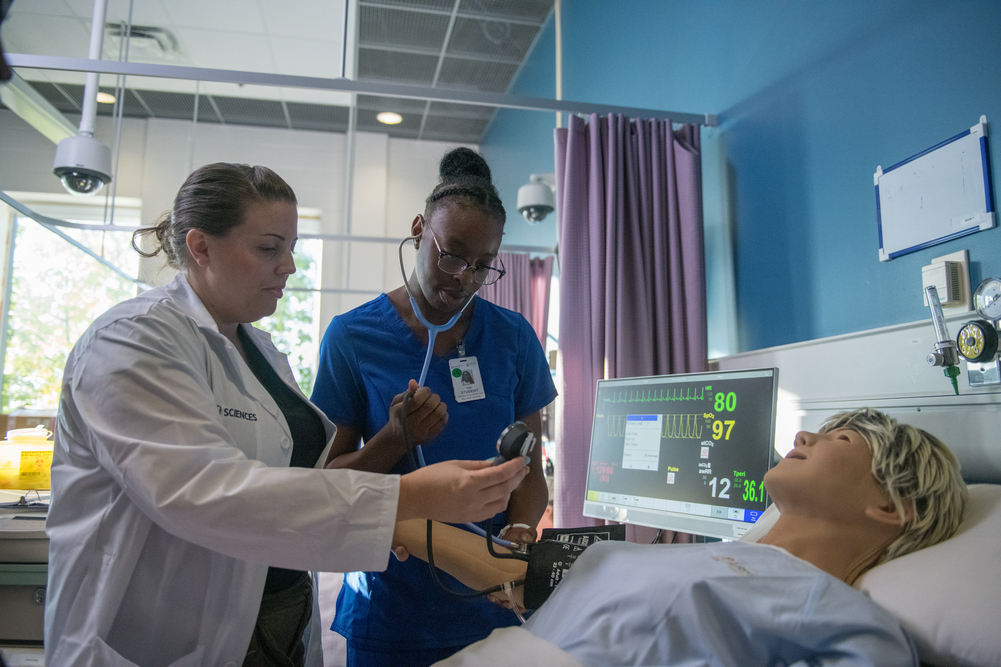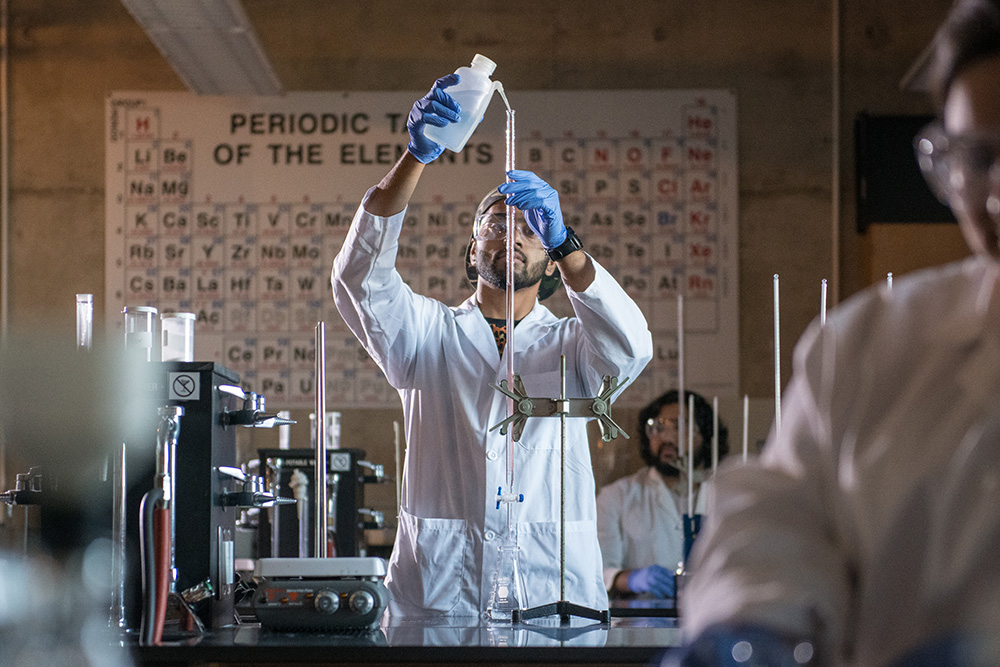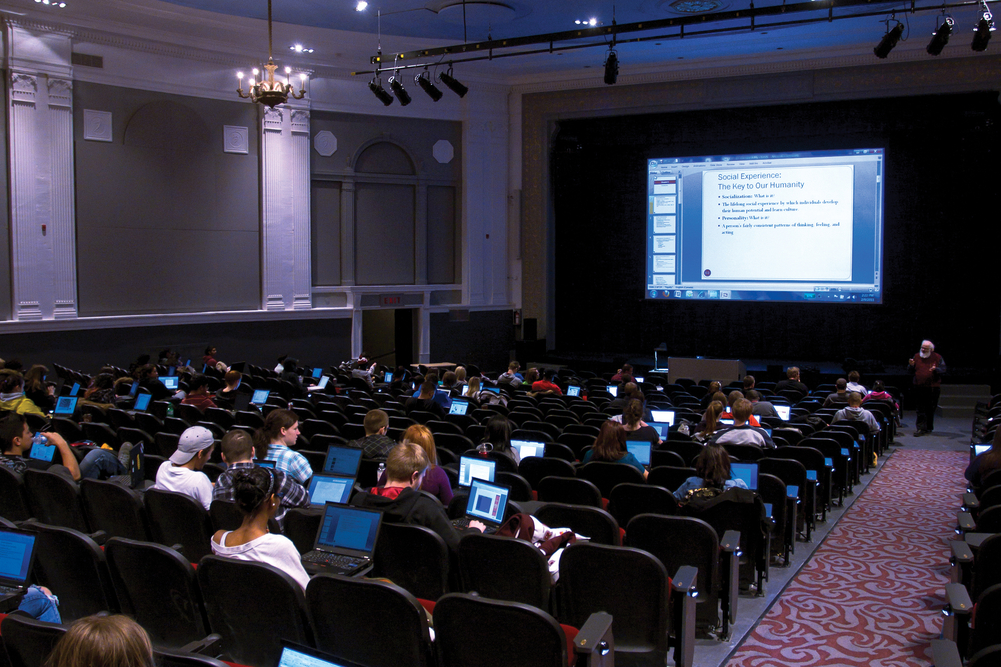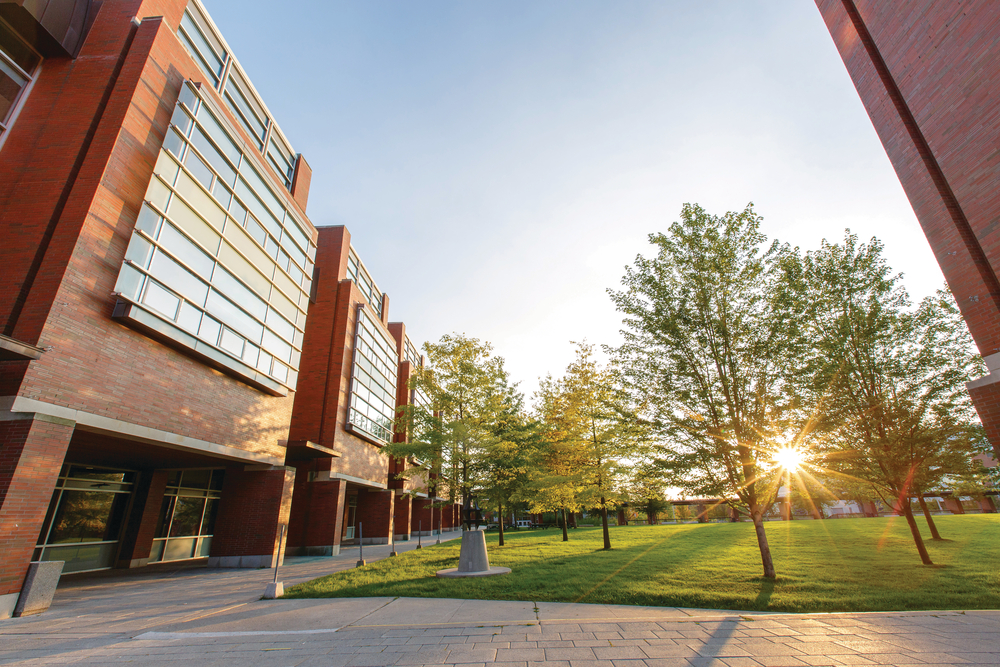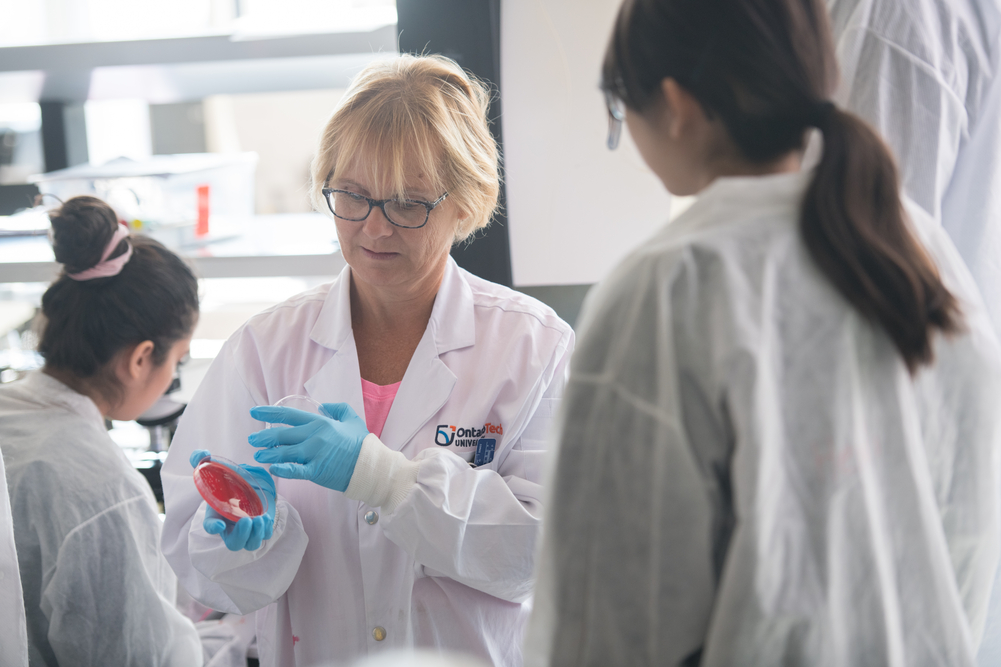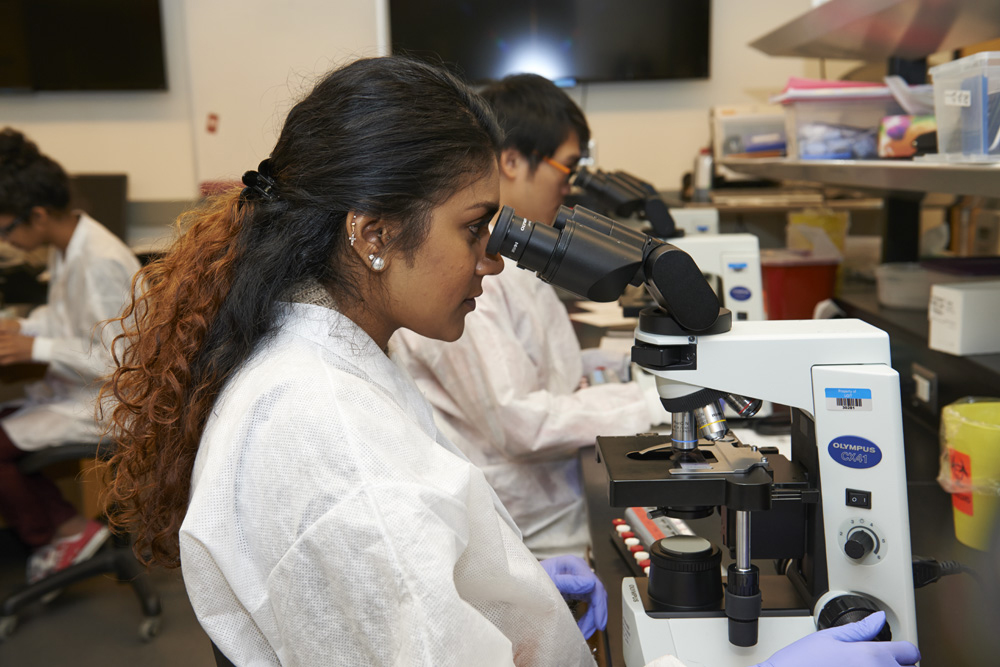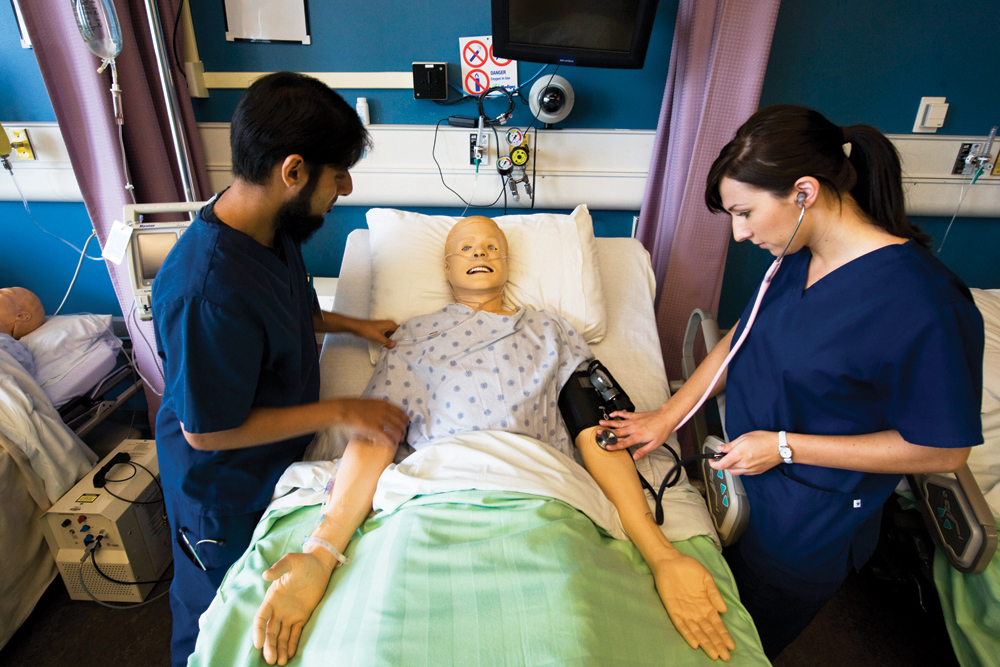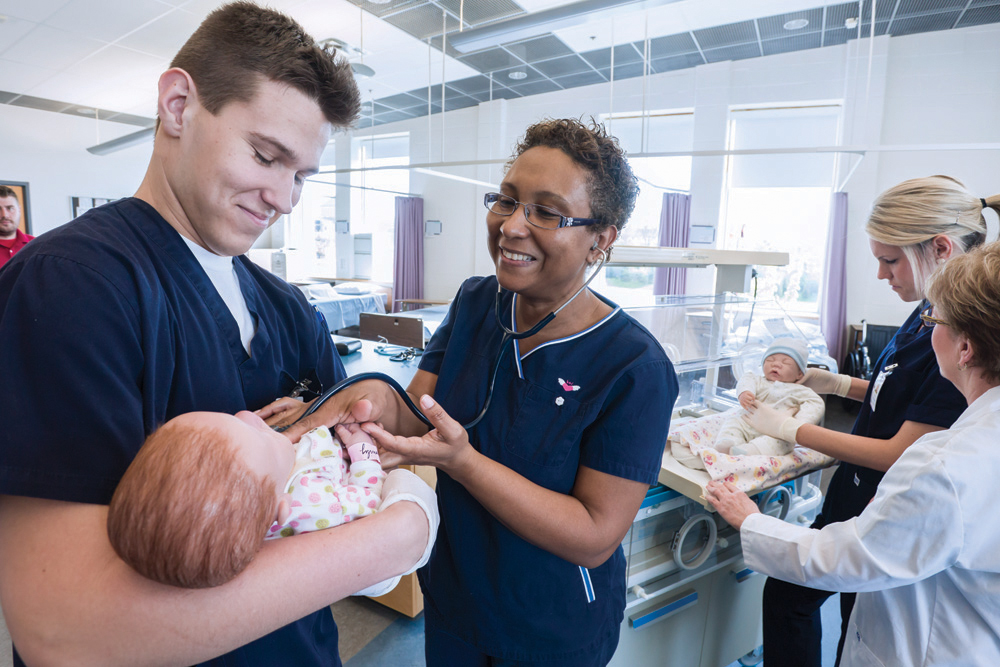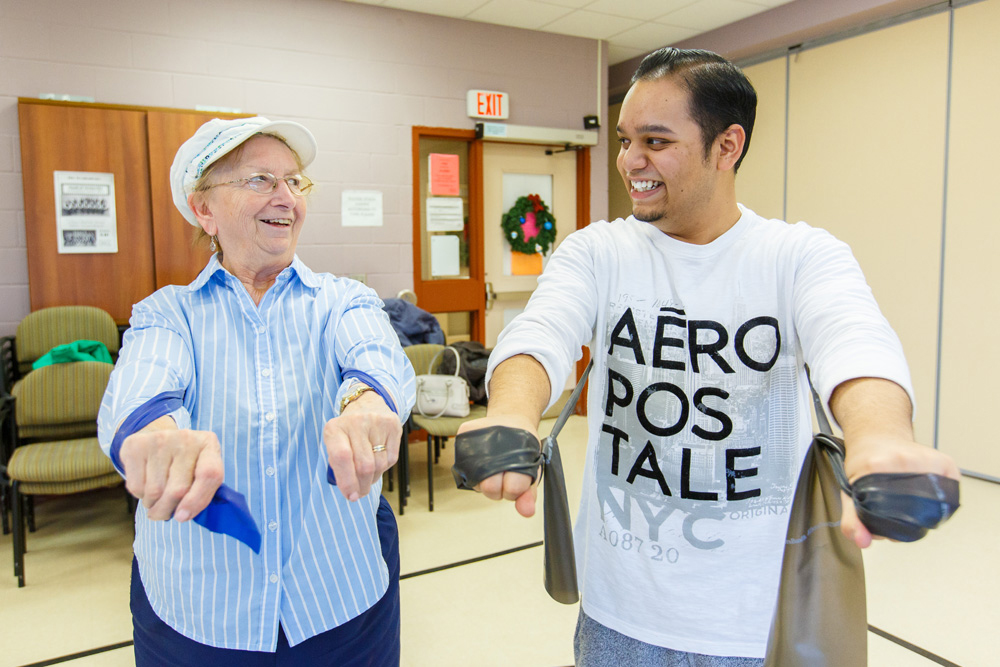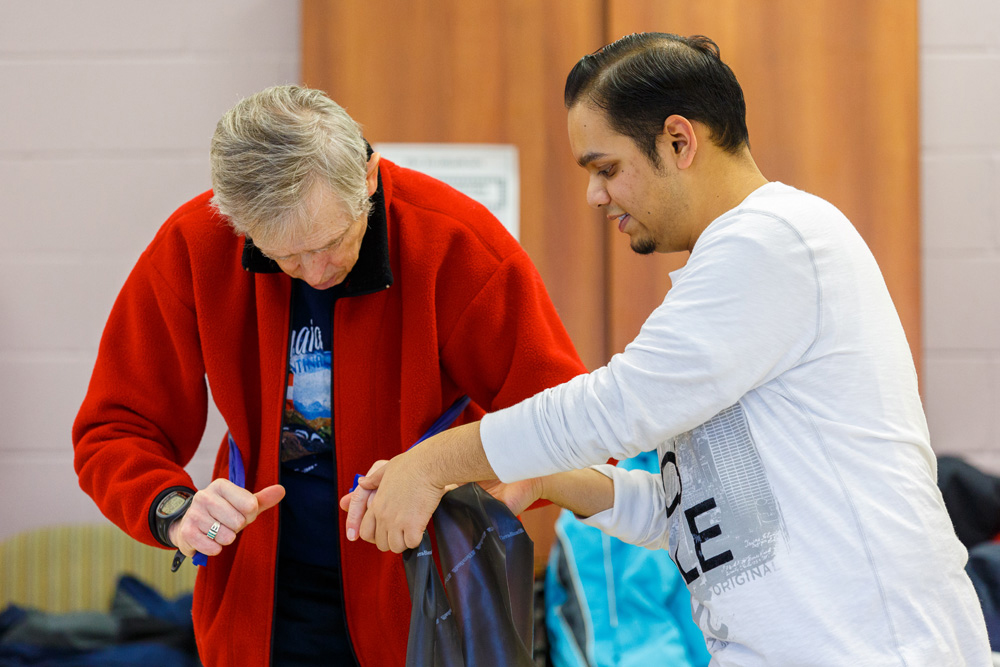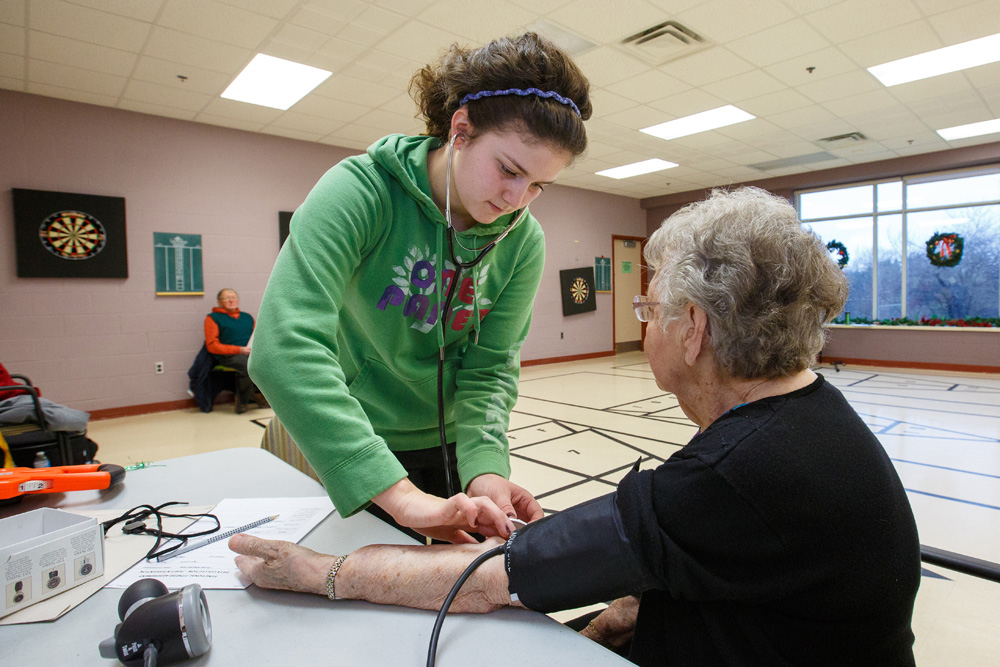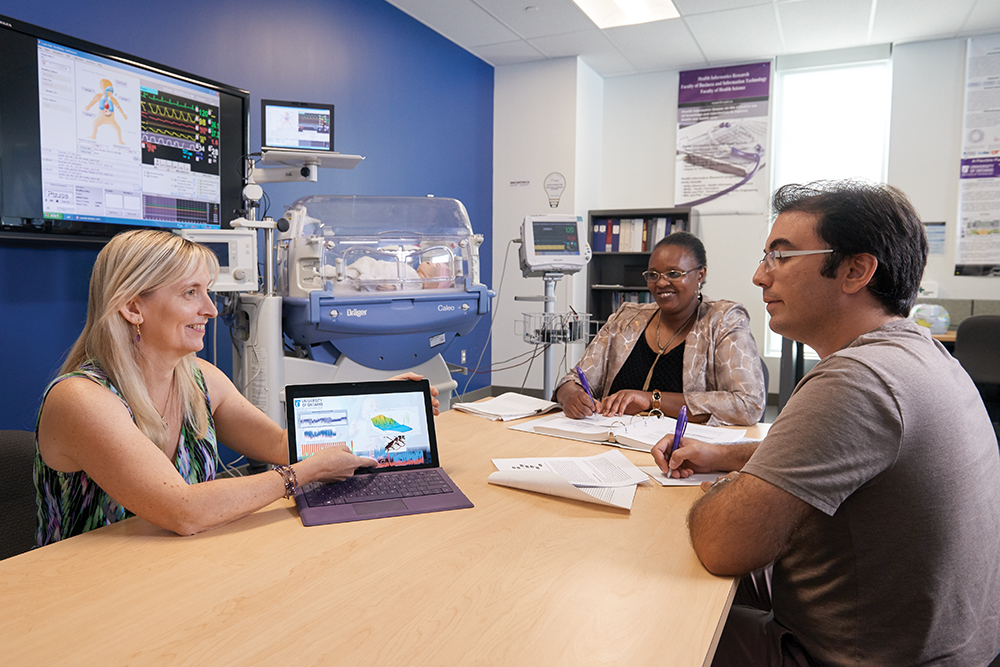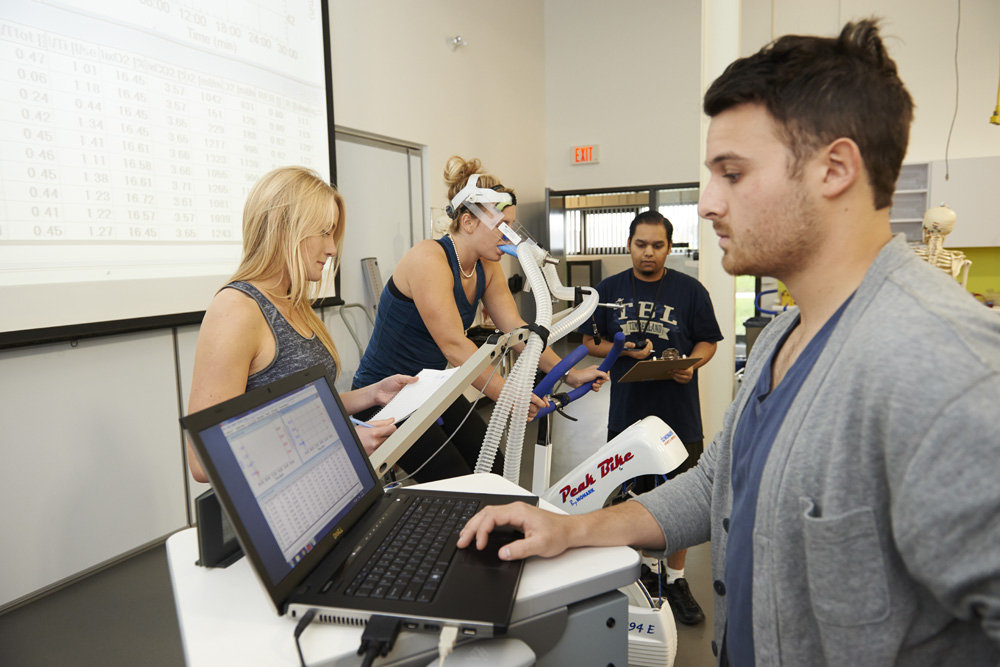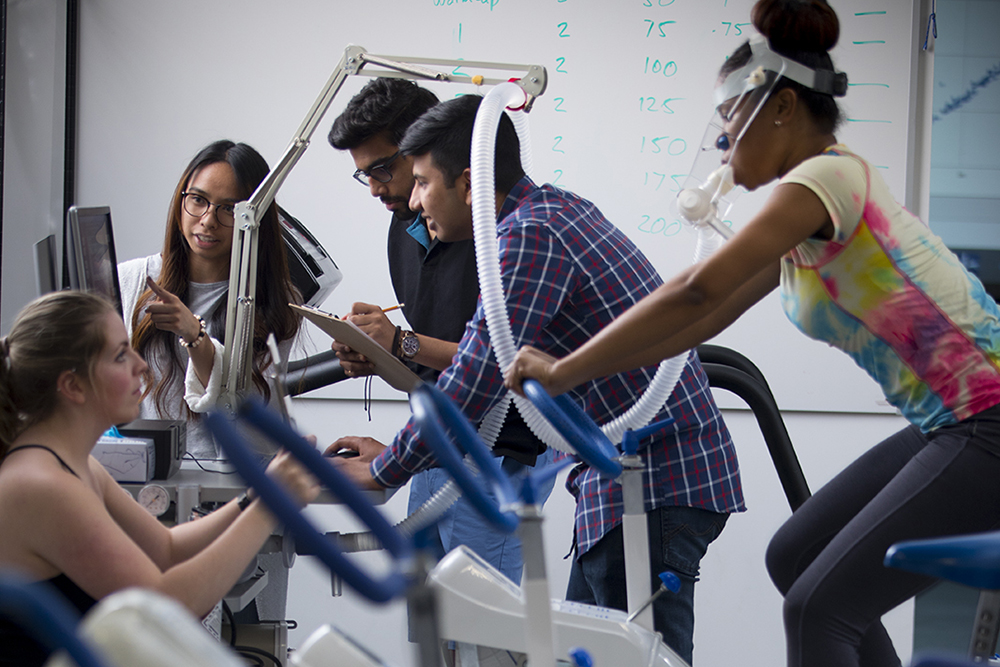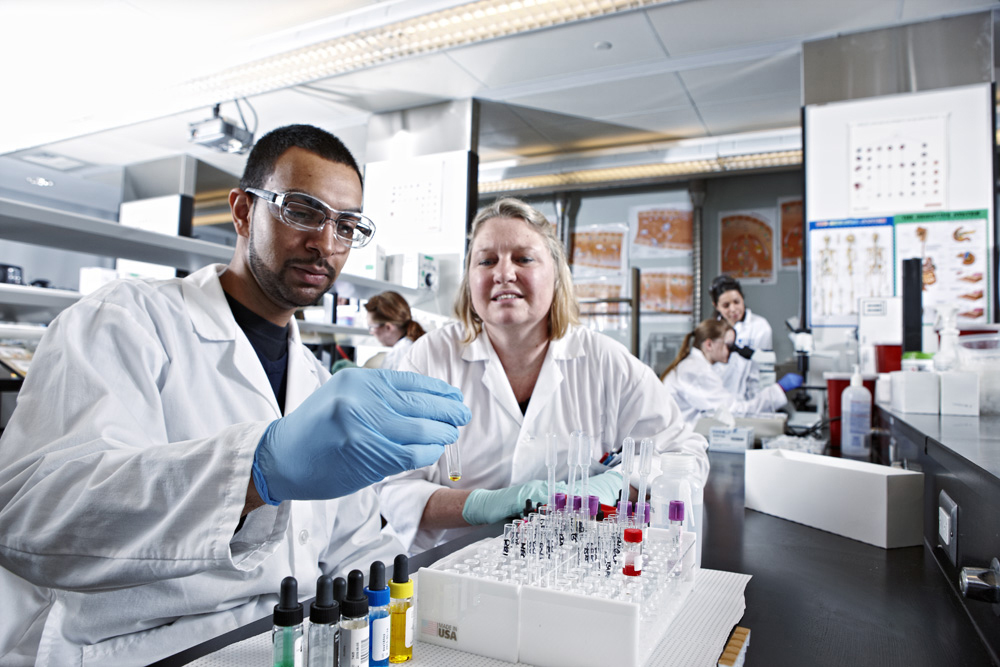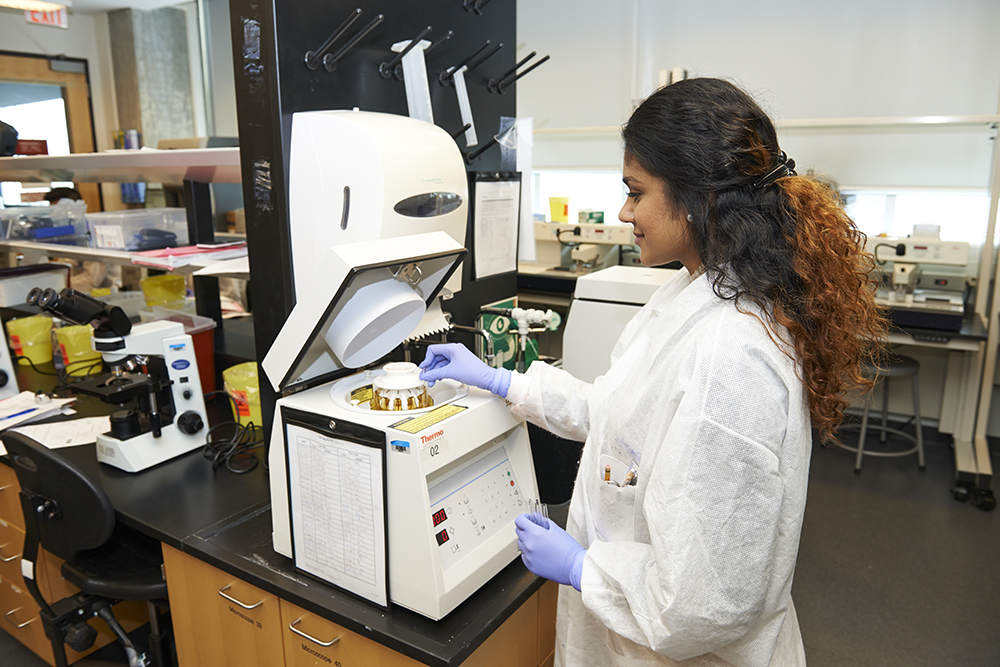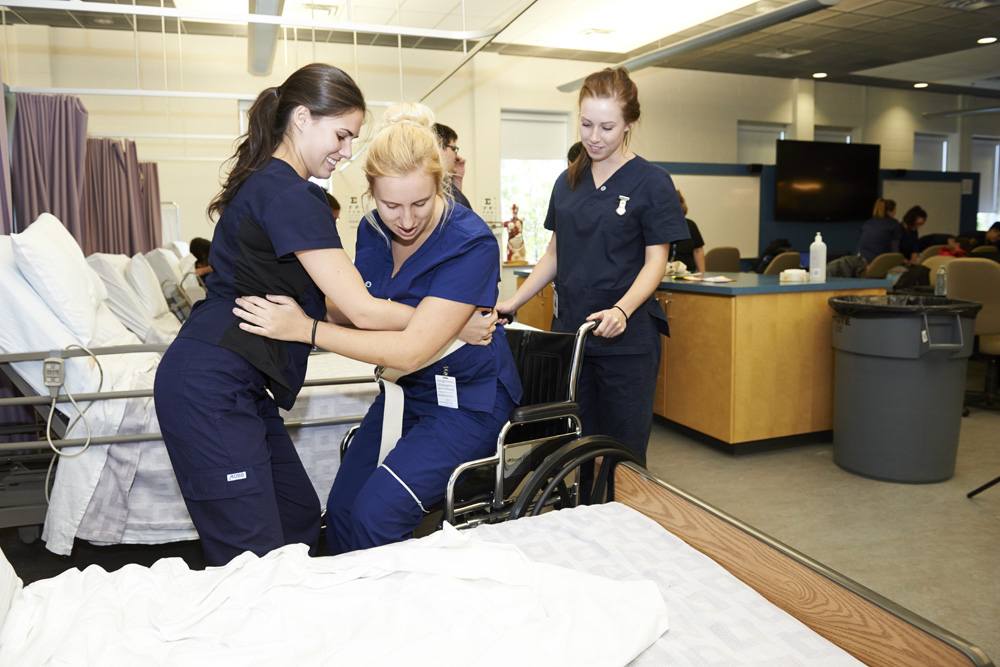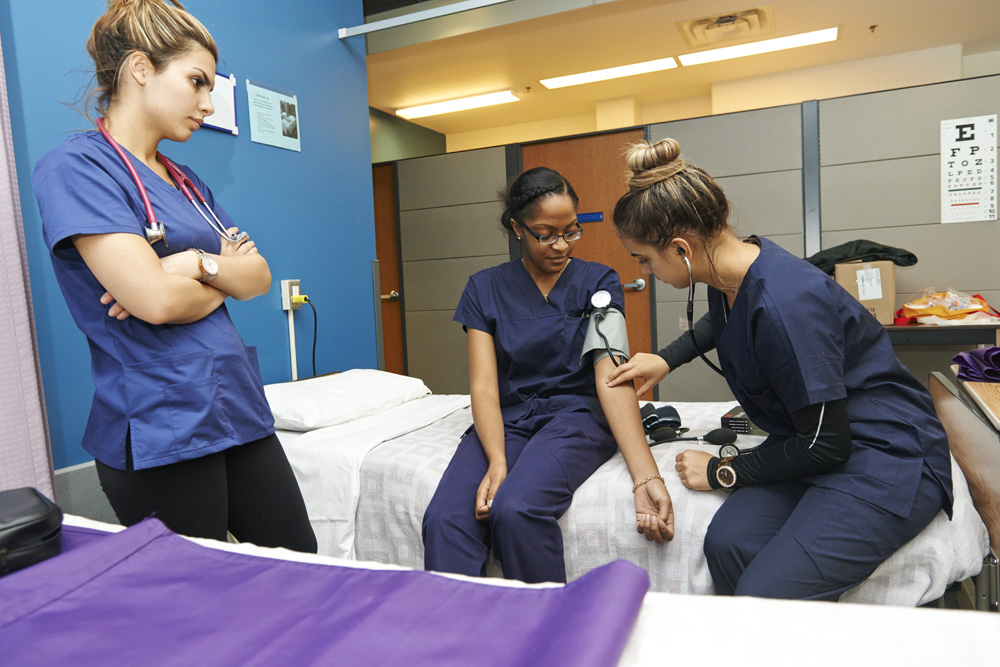Medicine and Health
Our professors, staff members, students and partners are committed to meeting health care needs today and tomorrow. Through teaching, research and service, our faculty offers a stimulating environment for you to study, learn and grow. We believe in interprofessional education and care - recognizing the importance of every health-care provider and the need to create new and expanded roles.
We offer a number of innovative programs that provide the foundations for an exciting career across the continuum of health care: from the laboratory bench to the bedside and into the community.
The university provides plenty of opportunities to get involved in research, such as practicum courses, internships and volunteer opportunities. This experience is invaluable for students looking to engage in scientific research early in their careers or for students looking to continue their education in research-based studies. The small class sizes make communication with your professors and classmates easy, and accessible. Erica Dove Bachelor of Health Sciences (Honours) in Kinesiology, Class of 2015 Research Assistant, Ontario Shores Centre for Mental Health Sciences, Whitby, Ontario

